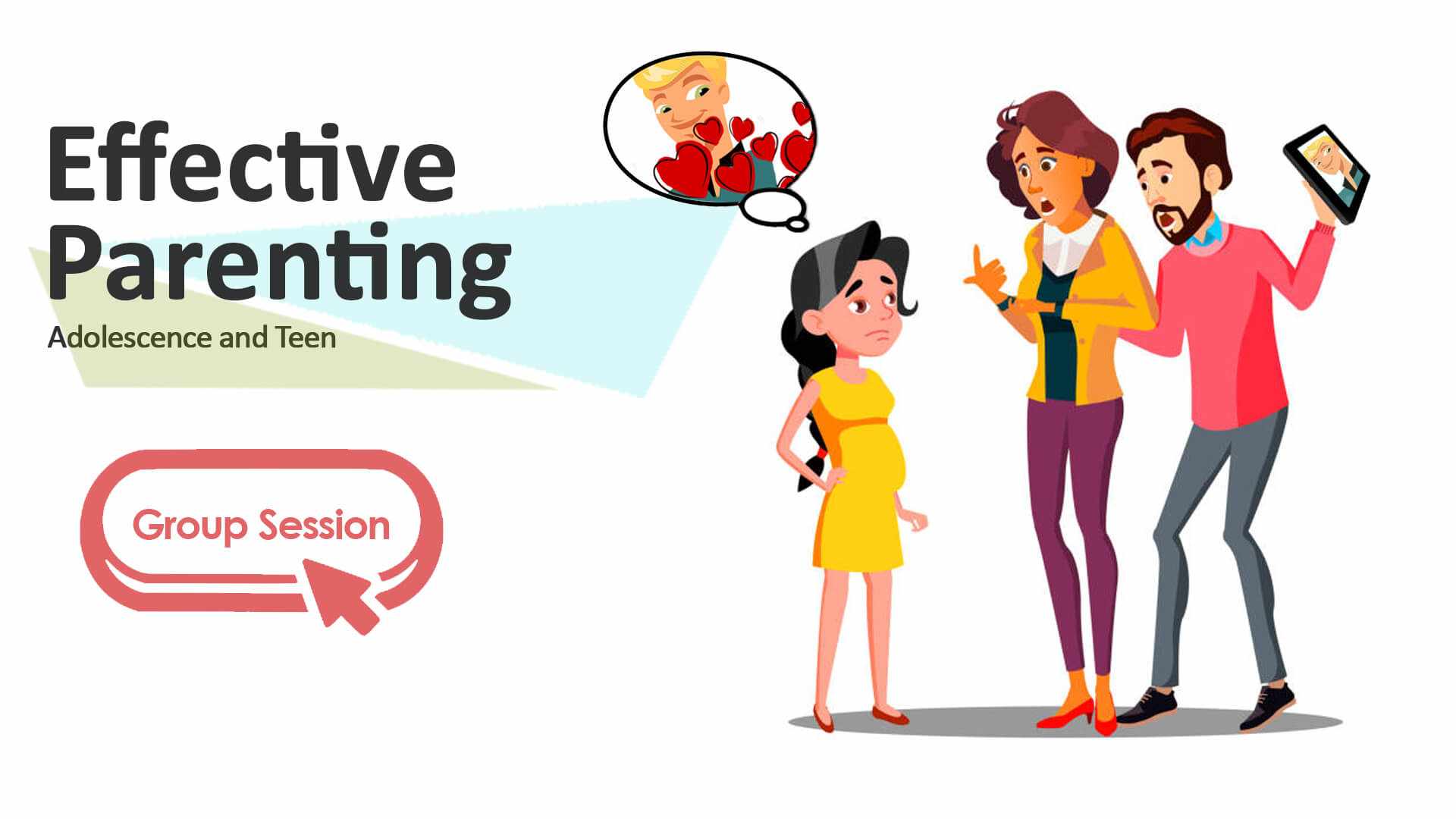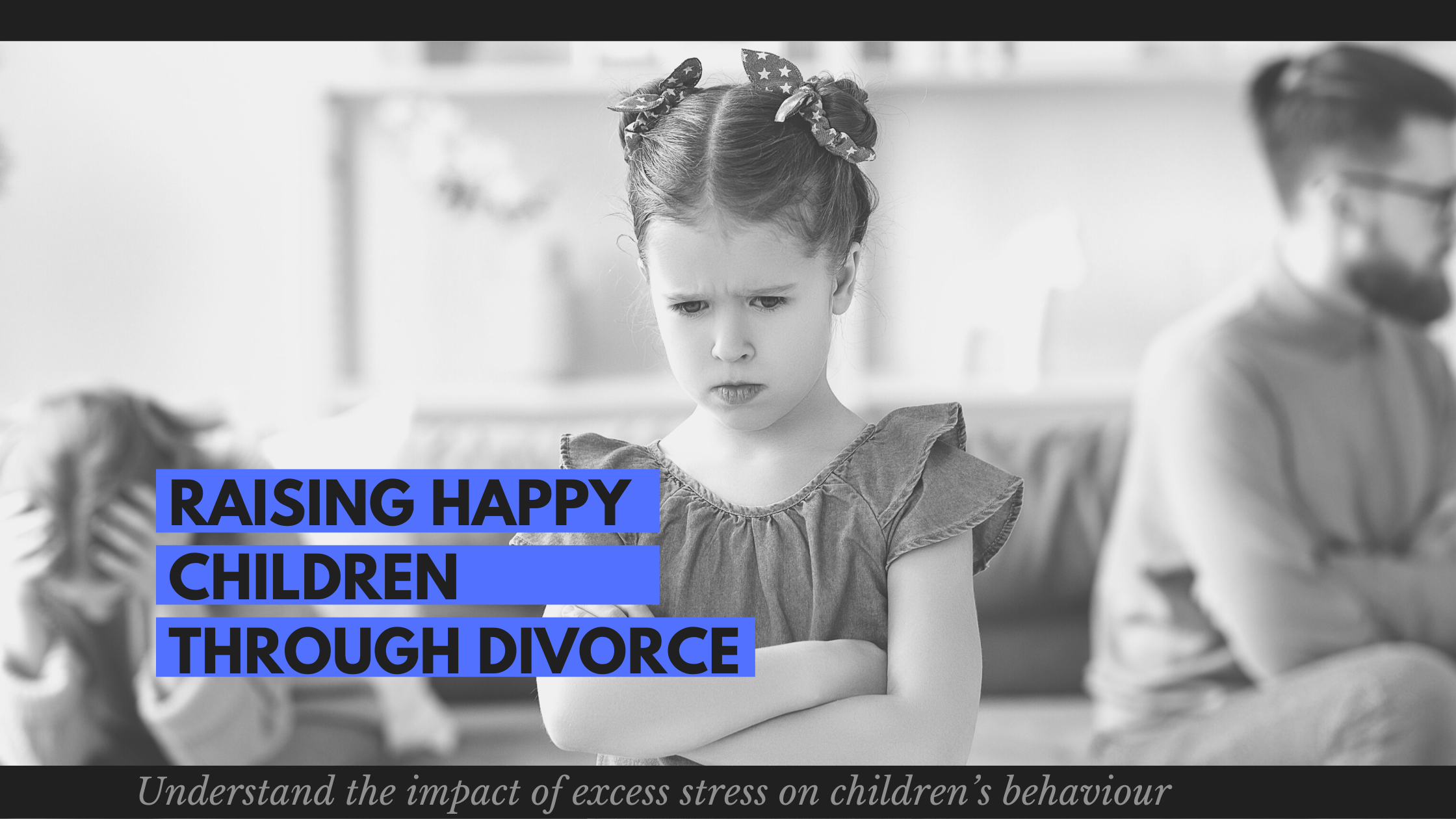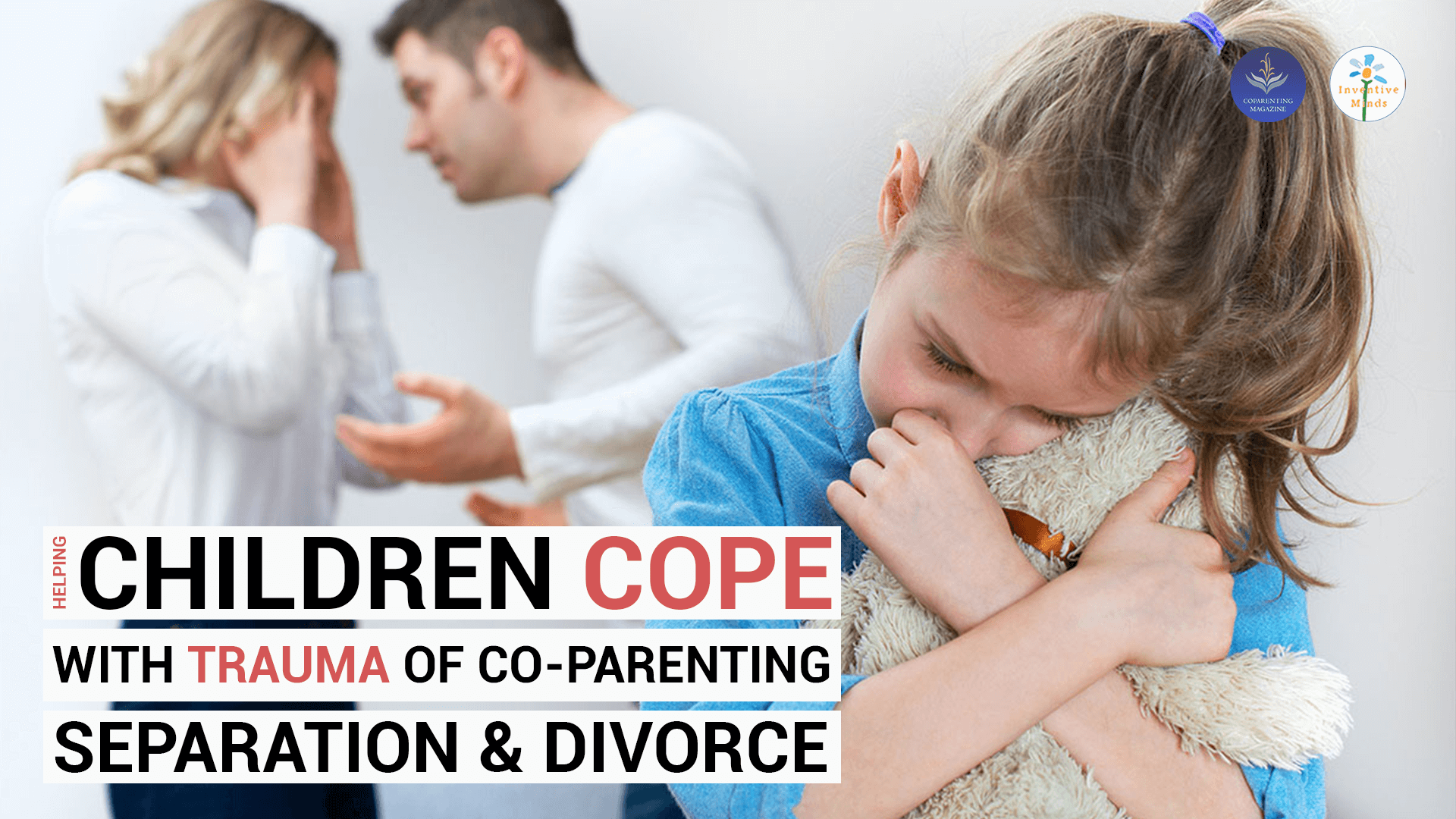How Parenting Styles Can Contribute to Raising a Narcissistic Child


How Parenting Styles Can Contribute to Raising a Narcissistic Child
 By Inventive Minds Kidz Academy
By Inventive Minds Kidz Academy
 Added Tue, Dec 17 2024
Added Tue, Dec 17 2024
 By Inventive Minds Kidz Academy
By Inventive Minds Kidz Academy
Added Tue, Dec 17 2024
Hey, Thanks For Subscribing!
Please check for a confirmation message and ensure you add us to a safe email list.
If you don't see a message in the next five minutes, check your spam or junk folders and mark our emails safe for next time.
See you soon!
Duplicate Email Found!
Well this is embarrassing... It looks like is already registered.
We have just sent an email to that address with a link to manage the subscription with us. If you don't see a message in the next five minutes, check the spam or junk folders, it's definitely there.
See you soon!

The brain develops rapidly in the first five years of life, and cognitive development is a key part of this process. As parents, understanding how children grow and learn can help us nurture their full potential.
What are the 4 stages of cognitive development?
Piaget proposed four major stages of cognitive development, and called them:
- Sensorimotor intelligence
- Preoperational thinking
- Concrete operational thinking
- Formal operational thinking
- Infants
In the first two years, infants are in the sensorimotor stageof cognitive development. During this time, they learn about the world around them using their senses and motor skills. They also develop an understanding of causality and object permanence. It’s amazing to see their little brains making connections—every time they drop a spoon on the floor and watch it fall, they’re learning cause and effect! - Preschoolers
Preschoolers learn a variety of cognitive skills, including:
- Questioning
- Spatial relationships
- Problem-solving
- Imitation
- Memory
- Number sense
- Classification
- Symbolic play
Every time your child asks why or spends hours building towers out of blocks, they are strengthening these vital skills—skills that will stay with them for life.
What is the cognitive development of a preschool child?
Cognitive development is important for knowledge growth. In preschool and kindergarten, children are learning questioning, spatial relationships, problem-solving, imitation, memory, number sense, classification, and symbolic play. Small daily moments—like reading a bedtime story, counting objects, or answering their endless questions—play a big role in helping your child grow.
Parenting Styles
The way we parent influences how children perceive and interact with the world.
- Authoritative
Parents are supportive, responsive, and nurturing, while also setting clear limits. They encourage open communication, praise their children, and promote prosocial behavior. Psychologists consider this the most effective parenting style. - Permissive
Parents are warm and nurturing but have minimal expectations for their children. They impose few rules and may struggle to enforce consequences, such as giving privileges back when children ask persistently. - Authoritarian
Parents focus on enforcing rules, punishment, and consequences, rather than the reasons behind behaviors. They expect children to listen and obey without question and are more likely to use corporal punishment. - Helicopter
Parents are overly involved in their children's lives, exhibit controlling behavior, and limit their children's autonomy. They may become overly focused on the successes and failures of their children
Narcissistic parents often have the following traits:
- Possessive and controlling: They may be critical and fear their children becoming independent.
- Need for admiration: They may crave constant praise and attention.
- Lack of empathy: They may prioritize their own needs over their children's.
- Manipulation: They may use tactics like gaslighting and guilt-tripping.
- Unrealistic standards: They may have high expectations for their children.
- Shame: They may use shame as a punishment.
What causes a child to become a narcissist?
Early Experiences: Adverse childhood experiences, such as neglect, abuse, or excessive pampering, can lead to the development of narcissistic traits. Children who are either overindulged or severely criticized may develop a fragile self-esteem that manifests as narcissism.
- Parental overvaluation
When parents believe their child is more special or entitled than others, the child may internalize this view and develop narcissistic traits. - Parent-child relationships
Narcissistic personality disorder may be linked to parent-child relationships that involve too much adoration or criticism that doesn’t match the child’s achievements. - Childhood experiences
Young people who remember being overprotected, overvalued, or experiencing leniency in discipline may develop narcissistic traits.
Other factors that may contribute to the development of narcissistic personality disorder include:
- Genetics
- Being adopted
- Being abused
- Being overindulged
- Having divorced parents
- Losing a parent through death
Children of narcissistic parents may lack a healthy self-image and feel invisible. They may also have no sense of their own needs because their narcissistic parent demands most of the energy in the room
Final Thoughts for Parents
Parenting is a journey filled with opportunities to shape your child’s emotional and cognitive growth. By understanding how children develop, you can make small but meaningful changes to support them. Whether it’s encouraging symbolic play, setting healthy boundaries, or learning to respond with empathy, your role is vital.
If you’re navigating parenting challenges or want personalized guidance, we offer one-on-one therapy sessions for parents and children. These sessions provide tailored strategies to support your family’s unique needs. Book your consultation today and explore our parenting courses to create a nurturing and healthy environment for your child’s development.
Check out our courses and explore practical parenting tips—because every child deserves to feel supported, understood, and empowered to grow.
Authored By:
Roxanna (Rose) Morsh
RECE, Parenting Practitioner,
Family & Child-Inclusive Mediator,
Collaborative Law Family & Child Expert,
International Parent Coordinator & Family Mediator,
Child Voice Practitioner.
The brain develops rapidly in the first five years of life, and cognitive development is a key part of this process. As parents, understanding how children grow and learn can help us nurture their full potential.
What are the 4 stages of cognitive development?
Piaget proposed four major stages of cognitive development, and called them:
- Sensorimotor intelligence
- Preoperational thinking
- Concrete operational thinking
- Formal operational thinking
- Infants
In the first two years, infants are in the sensorimotor stageof cognitive development. During this time, they learn about the world around them using their senses and motor skills. They also develop an understanding of causality and object permanence. It’s amazing to see their little brains making connections—every time they drop a spoon on the floor and watch it fall, they’re learning cause and effect! - Preschoolers
Preschoolers learn a variety of cognitive skills, including:
- Questioning
- Spatial relationships
- Problem-solving
- Imitation
- Memory
- Number sense
- Classification
- Symbolic play
Every time your child asks why or spends hours building towers out of blocks, they are strengthening these vital skills—skills that will stay with them for life.
What is the cognitive development of a preschool child?
Cognitive development is important for knowledge growth. In preschool and kindergarten, children are learning questioning, spatial relationships, problem-solving, imitation, memory, number sense, classification, and symbolic play. Small daily moments—like reading a bedtime story, counting objects, or answering their endless questions—play a big role in helping your child grow.
Parenting Styles
The way we parent influences how children perceive and interact with the world.
- Authoritative
Parents are supportive, responsive, and nurturing, while also setting clear limits. They encourage open communication, praise their children, and promote prosocial behavior. Psychologists consider this the most effective parenting style. - Permissive
Parents are warm and nurturing but have minimal expectations for their children. They impose few rules and may struggle to enforce consequences, such as giving privileges back when children ask persistently. - Authoritarian
Parents focus on enforcing rules, punishment, and consequences, rather than the reasons behind behaviors. They expect children to listen and obey without question and are more likely to use corporal punishment. - Helicopter
Parents are overly involved in their children's lives, exhibit controlling behavior, and limit their children's autonomy. They may become overly focused on the successes and failures of their children
Narcissistic parents often have the following traits:
- Possessive and controlling: They may be critical and fear their children becoming independent.
- Need for admiration: They may crave constant praise and attention.
- Lack of empathy: They may prioritize their own needs over their children's.
- Manipulation: They may use tactics like gaslighting and guilt-tripping.
- Unrealistic standards: They may have high expectations for their children.
- Shame: They may use shame as a punishment.
What causes a child to become a narcissist?
Early Experiences: Adverse childhood experiences, such as neglect, abuse, or excessive pampering, can lead to the development of narcissistic traits. Children who are either overindulged or severely criticized may develop a fragile self-esteem that manifests as narcissism.
- Parental overvaluation
When parents believe their child is more special or entitled than others, the child may internalize this view and develop narcissistic traits. - Parent-child relationships
Narcissistic personality disorder may be linked to parent-child relationships that involve too much adoration or criticism that doesn’t match the child’s achievements. - Childhood experiences
Young people who remember being overprotected, overvalued, or experiencing leniency in discipline may develop narcissistic traits.
Other factors that may contribute to the development of narcissistic personality disorder include:
- Genetics
- Being adopted
- Being abused
- Being overindulged
- Having divorced parents
- Losing a parent through death
Children of narcissistic parents may lack a healthy self-image and feel invisible. They may also have no sense of their own needs because their narcissistic parent demands most of the energy in the room
Final Thoughts for Parents
Parenting is a journey filled with opportunities to shape your child’s emotional and cognitive growth. By understanding how children develop, you can make small but meaningful changes to support them. Whether it’s encouraging symbolic play, setting healthy boundaries, or learning to respond with empathy, your role is vital.
If you’re navigating parenting challenges or want personalized guidance, we offer one-on-one therapy sessions for parents and children. These sessions provide tailored strategies to support your family’s unique needs. Book your consultation today and explore our parenting courses to create a nurturing and healthy environment for your child’s development.
Check out our courses and explore practical parenting tips—because every child deserves to feel supported, understood, and empowered to grow.
Authored By:
Roxanna (Rose) Morsh
RECE, Parenting Practitioner,
Family & Child-Inclusive Mediator,
Collaborative Law Family & Child Expert,
International Parent Coordinator & Family Mediator,
Child Voice Practitioner.
Most Talked About Posts
You May Also Like
Staff Picks
Now Trending
Our Newsletter
Duplicate Email Found!
Well this is embarrassing... It looks like is already registered.
We have just sent an email to that address with a link to manage the subscription with us. If you don't see a message in the next five minutes, check the spam or junk folders, it's definitely there.
See you soon!
Join Our Newsletter
Hey, Thanks For Subscribing!
Please check for a confirmation message and ensure you add us to a safe email list.
If you don't see a message in the next five minutes, check your spam or junk folders and mark our emails safe for next time.
See you soon!
Duplicate Email Found!
Well this is embarrassing... It looks like is already registered.
We have just sent an email to that address with a link to manage the subscription with us. If you don't see a message in the next five minutes, check the spam or junk folders, it's definitely there.
See you soon!




.jpg)





